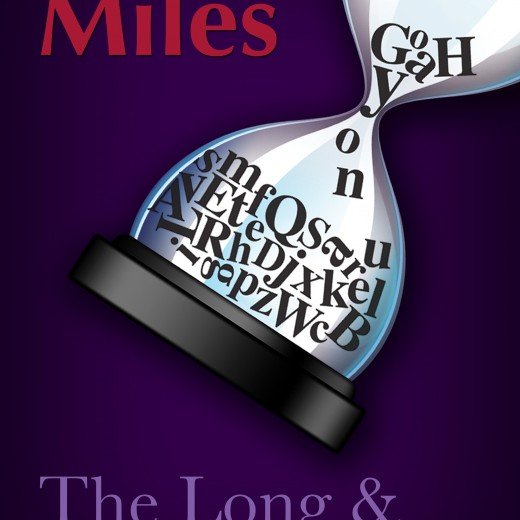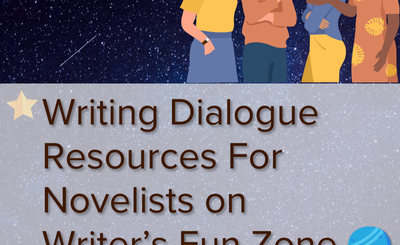“Always Worth It” by Nevada McPherson
 Let’s welcome back monthly columnist Nevada McPherson as she shares with us “Always Worth It.” Enjoy!
Let’s welcome back monthly columnist Nevada McPherson as she shares with us “Always Worth It.” Enjoy!
***
Today I gave my classes an assignment: write about a story or event that is significant to you and why it’s significant or memorable. I haven’t seen their papers yet but some of the students told me what they had chosen to write about and these stories were very meaningful to them for various reasons. This just proves what I heard one of my writing heroes, Garrison Keillor, say on the radio show, A Prairie Home Companion years ago: telling a story and figuring out the best way to tell it is “always worth the effort.”
Even if writing is sometimes (often, if fact), difficult, finding the right words is always worth it. Think of story-tellers that have influenced you over the years, words and characters that have inspired you when you were down or helped spur you to action when you found yourself wanting to hang back or give up. What if they hadn’t persevered and taken the effort to put those words together the way they did? How would that affect you now? As a writer with a story to tell, you have the potential to influence your own and future generations of readers and other writers.
Remember the main character from Hemingway’s Snows of Kilimanjaro? He’d purported to be a writer and had modest success but then slipped into complacency, spending too much time socializing with his wife’s rich friends who were enamored by the fact that he called himself a writer. He has great stories to tell and he knows it, great memories to share. However, as his time appears to be running out he regrets that his stories nor his memories will ever be shared. If the rescue plane doesn’t arrive in time, the stories he meant to write will die with him because he waited too long.
One writer who didn’t wait was Flannery O’Connor. Diagnosed with lupus at age twenty-six, she went to live with her mother at the family farm in Andalusia, just outside Milledgeville, Georgia (down the road from Eatonton, former home of writers Alice Walker and Joel Chandler Harris). Far from reducing her schedule and living as an invalid, O’Connor maintained a strict writing regimen even as her illness progressed, producing some of her finest short stories while living at Andalusia. When visitors arrived during her set hours of writing time, O’Connor instructed them to wait on the porch until she’d put in her scheduled regular hours of work, then she would receive guests. (Note: If you have to wait outside, there’s no better place to wait than on the porch than at Andalusia. It’s a relaxed and peaceful place for writers and readers to visit! http://deepsouthmag.com/2015/08/porch-sitting-with-elizabeth-wylie-at-andalusia-farm/ ). O’Connor was aware that she only had a finite amount of time to tell her stories, so she worked diligently at her typewriter, writing with a precision and deftness that characterizes the excellent short story writer.
If you have a story that needs to be told, don’t wait! Share it with others while you can because even if you live to be a hundred or more, your story will live on through the folks with whom you share it! Even if some don’t really get it, or it isn’t there cup of tea, there’ll be others who’ll treasure it forever.
***
ABOUT THE AUTHOR
 Nevada McPherson lives with her husband Bill and rescue Chihuahua, Mitzi in Milledgeville, GA, where she is an associate professor of humanities at Georgia Military College. Nevada received a BA in English/ Creative Writing and an MFA in Screenwriting from Louisiana State University-Baton Rouge, has written over a dozen feature-length screenplays (several award-winning), one short screenplay, short stories and two graphic novels, Uptowners and Piano Lessons. She’s currently at work on her new graphic novel, Queensgate, a sequel to Uptowners. For more information about Nevada and her projects visit www.nevada-mcpherson.com.
Nevada McPherson lives with her husband Bill and rescue Chihuahua, Mitzi in Milledgeville, GA, where she is an associate professor of humanities at Georgia Military College. Nevada received a BA in English/ Creative Writing and an MFA in Screenwriting from Louisiana State University-Baton Rouge, has written over a dozen feature-length screenplays (several award-winning), one short screenplay, short stories and two graphic novels, Uptowners and Piano Lessons. She’s currently at work on her new graphic novel, Queensgate, a sequel to Uptowners. For more information about Nevada and her projects visit www.nevada-mcpherson.com.






